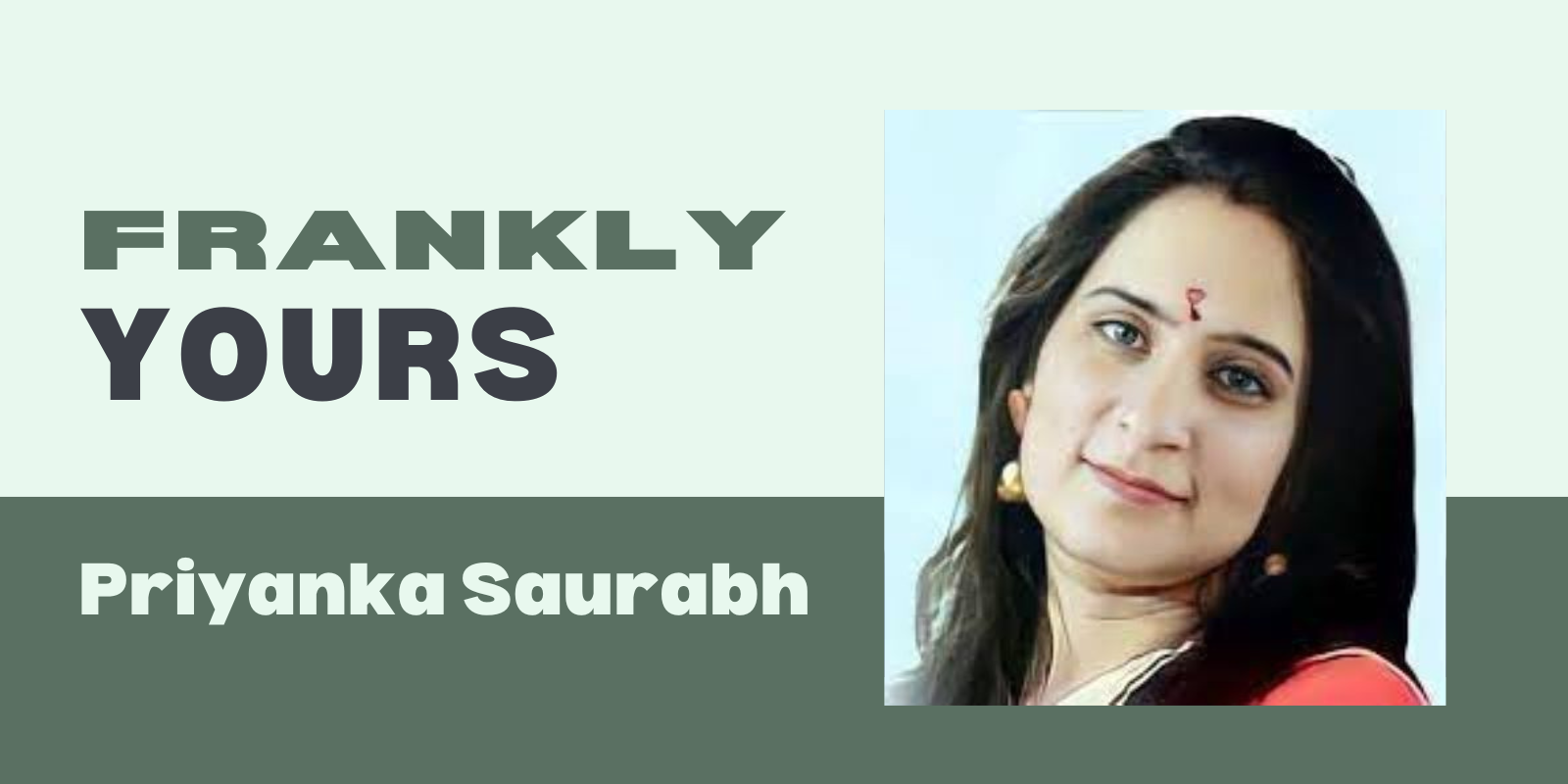There is no dignity without justice; silence is now a crime.
The allegations of sexual harassment against the Sahitya Academy are not just the failure of one individual, but a test of the entire literary community. The court has acknowledged the abuse of power and the attempt to suppress the complainant. Yet, the accused remains in his position as Secretary. This silence is unacceptable. Until he is removed, writers must cease cooperation with the Akademi. Literature will remain true only if it stands fearlessly against injustice and oppression. Silence is a crime, and zero tolerance is the only policy.
The Sahitya Akademi has long been considered India’s most prestigious literary institution. It is not only a government body but also a symbol of diverse languages and literary traditions. When a top official of this institution faces serious sexual harassment charges and a court establishes that he abused his position, it is not just a personal moral failure but a stain on the entire literary community.
The Delhi High Court has clearly stated that the Academy’s Secretary is an employer under the Protection of Women from Sexual Harassment Act and that the complainant’s dismissal was a retaliatory act. The court ordered his reinstatement and also held that the Academy obstructed the fair process of investigation. This observation points not to a simple administrative lapse but to the use of power within the institution for repression rather than for the upholding of justice.
The victim’s allegations were not trivial. She described experiences of unwanted touching, lewd comments, and persistent sexual pressure. This was not a single incident but a continuous process. Many within the institution were aware of this environment yet remained silent. This silence emboldens the harasser and further isolates the victim.
The true power of literature lies in its morality. If writers write about injustices in society but remain silent on injustices within their own homes, literature loses credibility. As long as the accused secretary remains in his position, participating in any Akademi event would be tantamount to sharing in the stigma. Accepting awards, reciting poems, or attending seminars would be tantamount to admitting that we can ignore oppression.

What’s needed now is zero tolerance. Crimes like sexual harassment and caste-based oppression are non-negotiable. When a top official of an institution is accused and yet remains in office, it sends the message that the institution is willing to cover up the crime. This not only discourages the victim but also makes other women afraid to file complaints. This environment is detrimental to the entire literary community.
Even more worrying is that some publishers continue to provide platforms for such individuals. They are being presented as prominent writers and honoured at festivals and fairs. This trend is not merely a matter of sales and profit, but rather a social sanctioning of a culture of harassment. Therefore, it is the responsibility of writers and readers to question such publishers. Literary dignity should be reflected not only in words but also in conduct.
This is a time of a litmus test for the writers’ community. Will we remain silent and cover up injustice in the name of protecting the institution, or will we stand up for justice and dignity? The Akademi’s reputation isn’t determined by its buildings and awards, but by its transparency and ethical conduct. If this is lost, all awards and ceremonies will become mere empty rituals.
Writers must now take a clear stand. As long as the accused remains in office, they should refrain from participating in any Academy events. This boycott will not be merely a symbolic step but will send a clear message to society that literature cannot compromise with injustice.
We must chart the path forward together. Institutional reforms are essential; complaints committees must be made independent and their proceedings made public. Writers and readers must launch a moral boycott movement. Publishers must be held accountable, and the entire cultural landscape must be sensitized. This is not just a matter for the academy, but for society as a whole.
This crisis reminds us that position and power do not make anyone above the law and morality. If the accused remains in his position, it is an insult not only to the victim but to the entire literary community. Writers, poets, critics, and readers must now unite and say that we cannot stand by injustice. Literature will only demonstrate its true power when it questions power and stands fearlessly against exploitation.
If we fail this test, future generations will remember us as a timid and silent society. But if we stand up courageously, literature can become not only a guardian of words but also of justice and dignity. This is the true identity of literature, and this is our collective responsibility.





